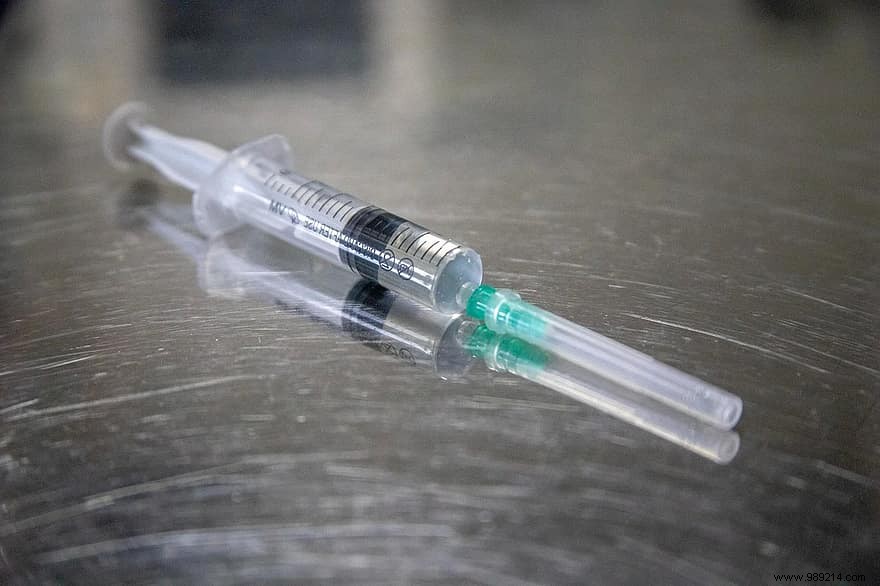Ugur Sahin, CEO of BioNTech recently spoke about the SARS-CoV-2 coronavirus. He expects humanity to live with the virus for the next ten years. Nevertheless, Ugur Sahin hopes for a "new normal" to take hold by summer 2021.
BioNTech is a German biotechnology company, having in recent months collaborated with Pfizer to offer a coronavirus vaccine SARS-CoV-2. Its CEO Ugur Sahin, spoke at a press conference, as reported by Business Today in a December 24, 2020 article. While the first vaccination campaigns have already started, Ugur Sahin said he expected that the coronavirus is part of our daily lives for the next ten years.
The person concerned, however, refers to the implementation of a "new normal" by summer 2021. Vaccinations this winter will have little impact on the number of infections but performance should be there from the following winter. By "new normal", Ugur Sahin means a everyday in which the virus remains present and in circulation but in which countries are careful to avoid blockages and other slowdowns similar to those experienced in 2020.

Ugur Sahin was asked about the effectiveness of vaccinating 60-70% of the population regarding the prevention of future epidemics. The expert indicated that it will be necessary to achieve a higher vaccination rate in the event of a mutation of the virus. However, the fact is that the virus has just mutated in the United Kingdom, leading to its closure. More than 40 countries have stopped air links with this country and others like India have put in place drastic measures for arrivals. Another cause for concern:Researchers recently discovered another distinct strain in South Africa.
BioNTech is currently trying to understand if the vaccine is effective against the new strain British but it will be necessary to wait at least two weeks before the first results. Ugur Sahin thinks the vaccine will work but if necessary, it could be quickly changed. The Pfizer/BioNTech vaccine contains over 1,270 amino acids and only 9 differ at the mutant virus level. In other words, more than 99% of the proteins remain the same.
At the end of October 2020, we were talking about a new strain of the SARS-CoV-2 coronavirus. This would have developed in Spain before spreading throughout Europe, due to the long summer holidays. This was the variant 20A.EU1 , having impacted European countries unevenly and whose dangerousness remained to be defined.